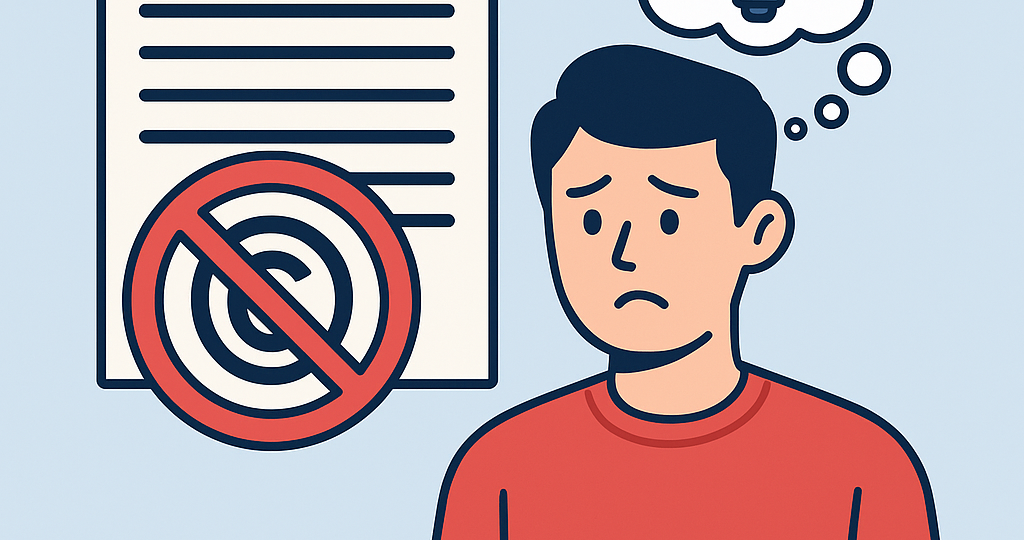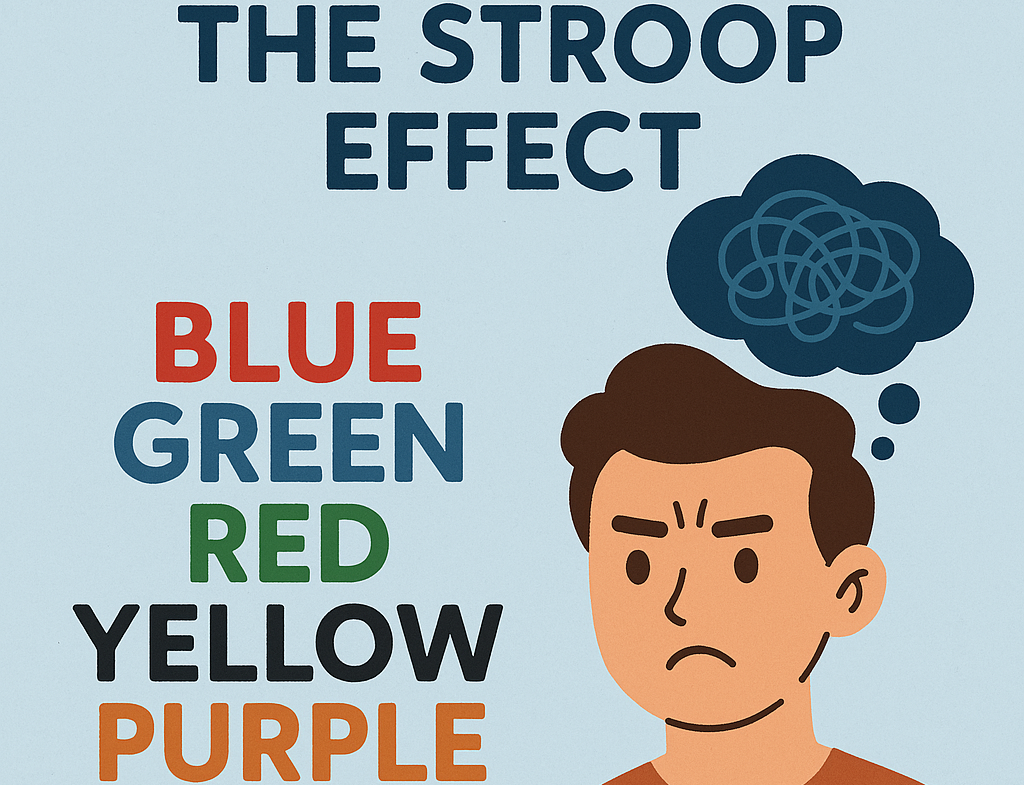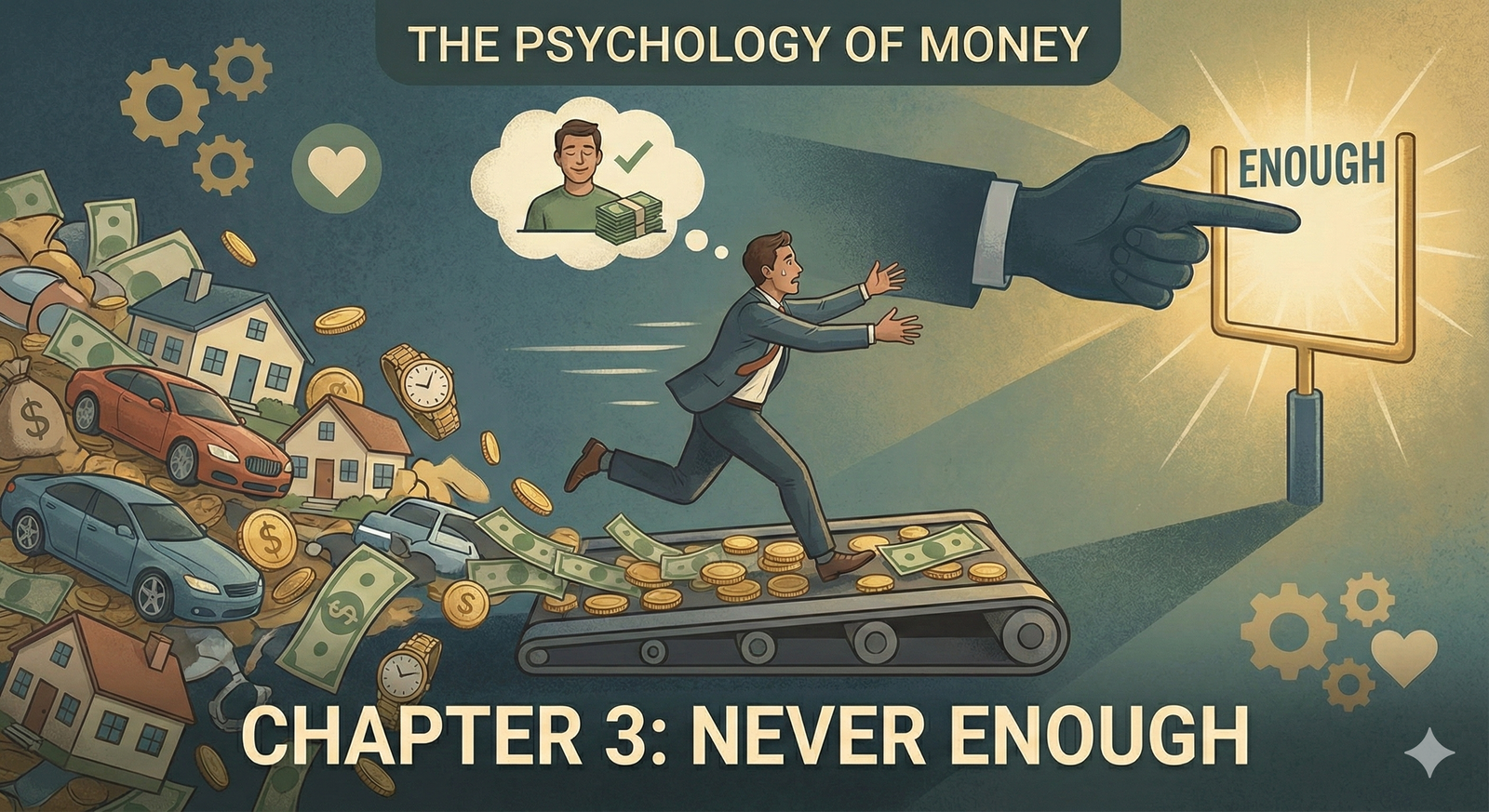
Have you ever come up with a “brilliant” idea—only to later realize you’d actually read or heard it before? That odd and unsettling experience is called cryptomnesia, a psychological phenomenon where we mistakenly believe a thought or idea is original, when it actually comes from a forgotten source. In essence, it’s memory masquerading as inspiration.
The word cryptomnesia literally means “hidden memory,” and it was first introduced by early psychologists including Carl Jung. Do you see the ‘mnesia’ in the term? Well, what essentially is ‘amnesia’? Forgetting, right? That’s where this comes from. The term became more formally studied in the 20th century, especially through the work of researchers like Alan Brown and Daniel Schacter, who explored how memory errors can be subtle and easily overlooked. Cryptomnesia sits at the crossroads between memory and creativity, showing us just how blurry that line can be. It’s not that the brain is stealing ideas intentionally—rather, it’s misattributing the source, filing the thought away under “new” instead of “borrowed.”
One famous example of cryptomnesia involved George Harrison of The Beatles. In 1976, a U.S. court ruled that his hit “My Sweet Lord” had unconsciously copied The Chiffons’ earlier song “He’s So Fine.” Harrison claimed he had no intention to plagiarize—and the court agreed—but his memory had failed to remind him of the original song’s existence. This highlights how cryptomnesia isn’t just a quirky glitch; it can have real-world consequences, especially in creative fields where originality is everything.
So, what causes it? Researchers believe cryptomnesia occurs when source monitoring breaks down—when the brain retrieves a memory but fails to tag it with its original source. Our minds store vast amounts of information, and we often absorb content passively (like reading or overhearing a conversation). When those fragments resurface later, they can feel like fresh ideas simply because we don’t remember where they came from. The takeaway? Next time inspiration strikes, take a second to ask: Have I truly never heard this before? It might just be your memory playing a clever trick on you.
RELATED POSTS
View all


